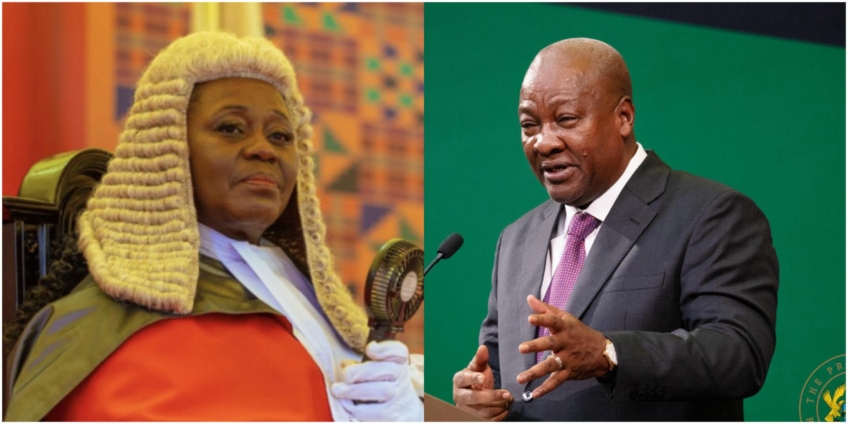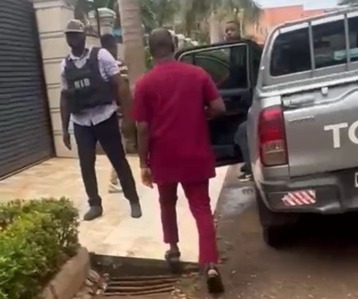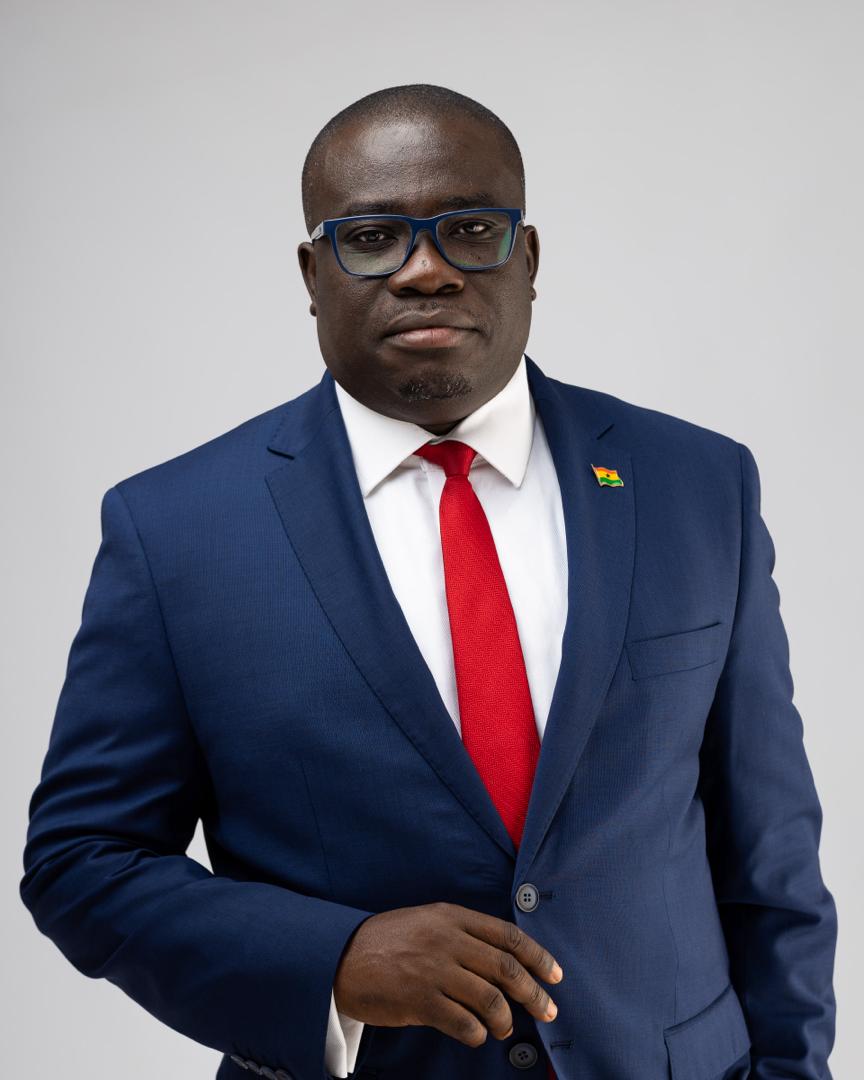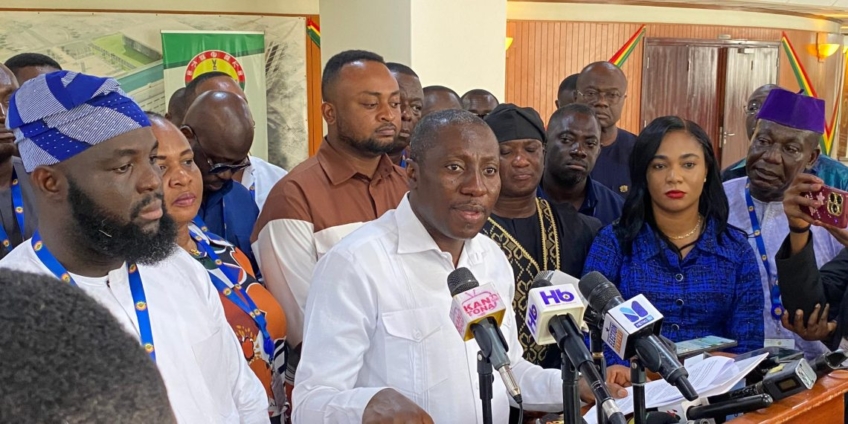The Supreme Court is set to hear a suit today Wednesday, April 9, on a petition involving the legality or otherwise of a process seeking to remove the Chief Justice (CJ) Gertrude Araba Esaaba Sackey Torkornoo from office.
The suit, filed by Old Tafo Member of Parliament (MP) Vincent Ekow Assafuah, is challenging the legality of President John Dramani Mahama’s decision to trigger the removal process without first notifying the Chief Justice of the petitions.
The law that surrounds the removal of the Chief Justice is enshrined in Article 146 of the 1992 Constitution of the Republic of Ghana.
Article 146 – Removal Of Justices Of Superior Courts And Chairmen Of Regional Tribunals
1) A Justice of the Superior Court or a Chairman of a Regional Tribunal shall not be removed from office except for stated misbehaviour or incompetence or on ground of inability to perform the functions of his office arising from infirmity of Body or mind.
(2) A Justice of the Superior Court of Judicature or a Chairman of a Regional Tribunal may only be removed in accordance with the procedure specified in this article.
(3) If the President receives a petition for the removal of a Justice of a Superior Court other than the Chief Justice or for the removal of the Chairman of a Regional Tribunal, he shall refer the petition to the Chief Justice, who shall determine whether there is a prima facie case.
(4) Where the Chief Justice decides that there is a prima facie case, he shall set up a committee consisting of three Justices of the Superior Courts or Chairmen of the Regional Tribunals or both, appointed by the Judicial Council and two other persons who are not members of the Council of State, nor members of Parliament, nor lawyers, and who shall be appointed by the Chief Justice on the advice of the Council of State.
(5) The committee appointed under clause (4) of this article shall investigate the complaint and shall make its recommendations to the Chief Justice who shall forward them to the President.
(6) Where the petition is for the removal of the Chief Justice, the President shall, acting in consultation with the Council of State, appoint a committee consisting of two Justices of the Supreme Court, one of whom shall be appointed chairman by the President, and three other persons who are not members of the Council of State, nor members of Parliament, nor lawyers.
(7) The committee appointed under clause (6) of this article shall inquire into the petition and recommend to the President whether the Chief Justice ought to be removed from office.
(8) All proceedings under this article shall be held in camera, and the Justice or Chairman against whom the petition is made is entitled to be heard in his defence by himself or by a lawyer or other expert of his choice.
(9) The President shall, in each case, act in accordance with the recommendations of the committee.
(10) Where a petition has been referred to a committee under this article, the President may-
(a) in the case of the Chief Justice, acting in accordance with the advice of the Council of State, by warrant signed by him, suspend the Chief Justice;
(b) in the case of any other Justice of a Superior Court or of a Chairman of a Regional Tribunal, acting in accordance with the advice of the Judicial Council, suspend that Justice or that Chairman of a Regional Tribunal.
(11) The President may, at any time, revoke a suspension under this article.
Chief Justice Torkornoo recently submitted her preliminary response to President John Mahama following petitions seeking her removal from office after she had requested copies of the petitions and asked for at least seven days to respond, in line with the requirements of due process and fairness.
This development comes as the 10-day window granted to her to respond to the petitions elapses on April 7.
President John Mahama received three petitions earlier last month seeking the removal of the Chief Justice which he forwarded to the Council of State for further action.
The development has triggered national attention, prompting legal and constitutional debates on the appropriateness of the procedure for handling such matters vis-a-vis the 1992 Constitution.
The decision by the apex court today will determine the matter going forward. Enditem
Source: Ghana Eye Report
Share Us



